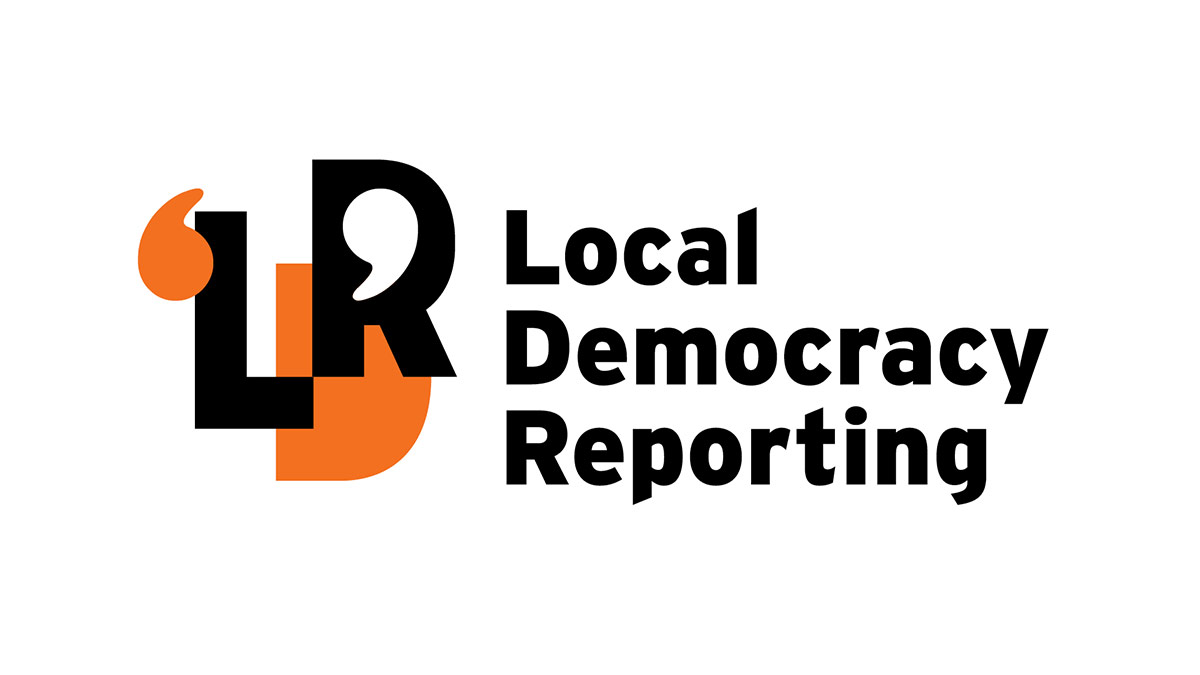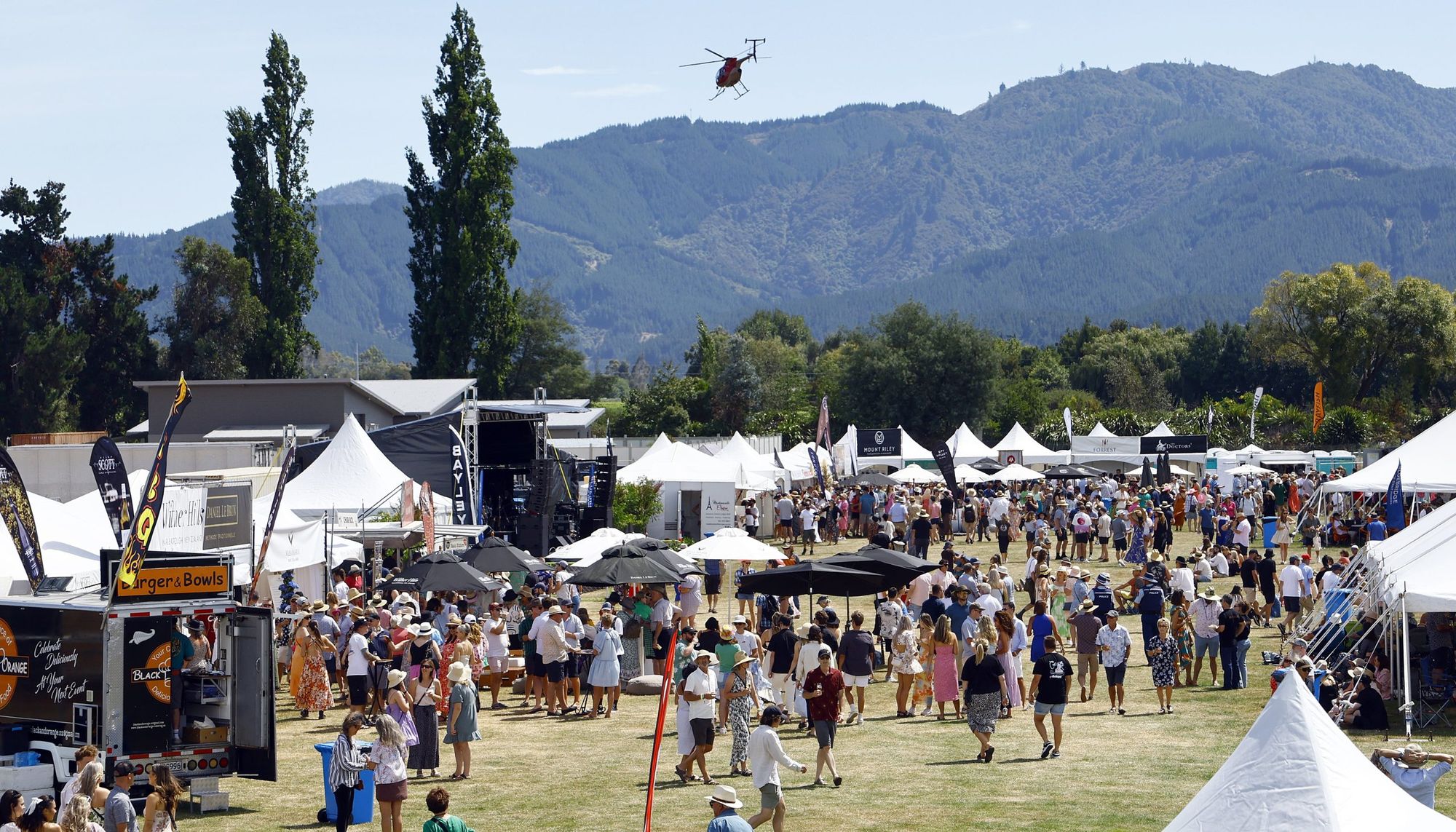Festival alcohol street ban to return, year-round Renwick ban floated


Helicopters in action at the Marlborough Wine & Food Festival at Renwick Domain in 2024. Photo: Anthony Phelps.
An alcohol ban will return for the streets of Renwick during next year’s Marlborough Wine & Food Festival and there’s talks of the ban becoming permanent.
The ban was first launched at the 2024 festival in February after a request from police.
At a full council meeting on December 12, solicitor Claudia Mark talked the council through a renewal of its Alcohol Control Bylaw which had recently been reviewed.
The review found the bylaw was the best way to deal with alcohol consumption in public places, Mark said, as there were already permanent alcohol bans for central Blenheim and Picton.
“It has been very effective, and regulated people's behaviour to address problems of crime, disorder [and] incidents of harm,” she said.
Claudia said police had been in contact with the council about extending the ban to Renwick.
“We have agreed to open that conversation after the summer period, because it's too busy for them to have that conversation now and we need that bylaw in place now,” she said.
Wairau-Awatere ward councillor Scott Adams said he was aware of the Renwick concerns, particularly at the Renwick Domain skate park where people often left empty bottles and cans around.
“It is a bit of a concern for the community out there,” he said.
The full council agreed to approve the bylaw, which had a 10-year term. Should conversations with police lead to an amendment in the bylaw to allow for a Renwick ban, the council would consult with the community.
The bylaw did not extend to Renwick, so the council would need to publicly notify the temporary alcohol ban for the 2025 festival.
The ban, on Inkerman, Uxbridge and Alma streets, had been requested by police after festival-goers ended up at the Woodbourne Tavern in 2023, for an event coinciding with the festival that was dubbed an “after party”.
Police told the Marlborough District Council that people “ejected” from that event met up with others and congregated on the footpath, and were “generally uncooperative”.
The ban would run from 6am on Saturday, February 8, until 6am on February 9.
The council earlier this year also agreed to have another look at drafting a local alcohol policy.
The council first began drafting a local alcohol policy (LAP) in 2013, but in 2014, the Alcohol Regulatory and Licensing Authority recommended councils halt their development, because some were being appealed by “large players”.
At an environment and planning committee meeting in July, the council’s environmental health officer Karen Winter told councillors that recent changes to the Sale and Supply of Alcohol Act removed the ability for an LAP to be appealed.
“If we go through special consultative procedure in the right way, there is no appeal option now for some of those large players to basically tie us up in legal costs.”
A local alcohol policy applied to on-licence premises, where alcohol was consumed on-site, as well as off licences, where alcohol was sold for consumption elsewhere, such as a liquor store.
It could include rules on location, such as restricting bottle stores from opening near schools and churches or opening in high deprivation areas.
The draft had not yet been brought to the council.

LDR is local body journalism co-funded by RNZ and NZ On Air.
